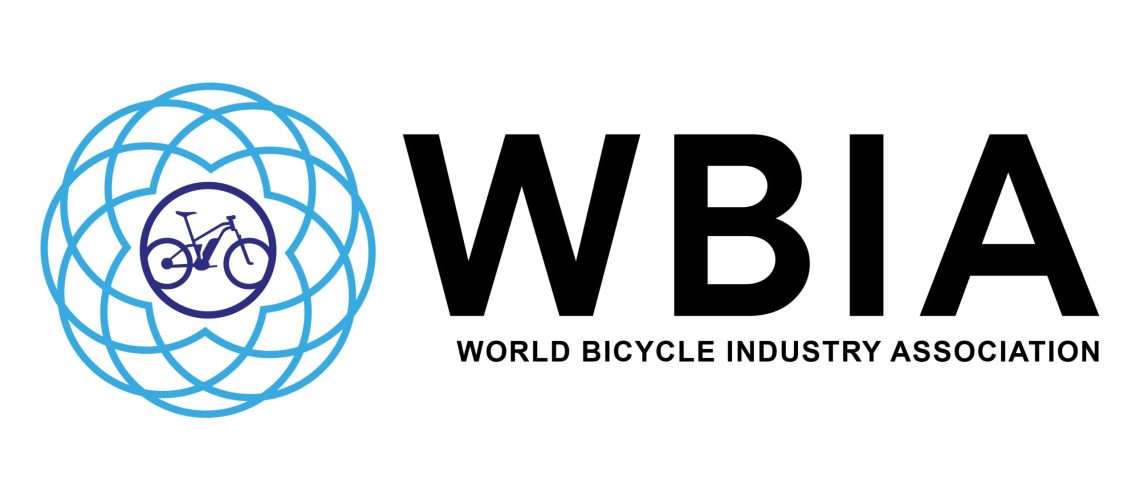The annual General Assembly of the World Bicycle Industry Association (WBIA) took place remotely on Wednesday 10 November 2021. WBIA consists of People for Bikes (USA), Taiwan Bicycle Association (TBA), All India Cycle Manufacturers Association (AICMA) and the Bicycle and Motorcycle Industry Association of Russia (NADBM), Industry association of Mexico (ANAFABI) and Bicycle Association Japan and CONEBI (Europe).
The General Assembly discussed the global industry market outlook, with supply chain disruptions at the centre of the conversation. Worldwide, producers are facing major uncertainty due to costly and time-consuming shortages. After reaching record figures in 2020, the market continues to grow, but the supply of bicycles by far cannot match the consumer demand, leading to a slow-down in sales. At the same time, there is optimism that the elevated interest in cycling will continue in the upcoming years, with governments all around the world supporting initiatives and investments in cycling. “It has been a tough year for many producers both in Europe and globally, but the interest in cycling is as high as ever; we must do our best to keep the momentum going” said Erhard Büchel, president of WBIA and CONEBI, Europe. Gina Chang from TBA, Taiwan, added that “in Taiwan, the time of lockdowns is hopefully over, and we are working on several events promoting our members in the upcoming year. Smart manufacturing and smart cycling shall be the way forward in 2021.”
For WBIA, it was a remarkably intense year at the United Nations (UN). Importantly, a first-ever Pan-European Masterplan for Cycling Promotion was adopted in May 2021. WBIA was actively involved in the preparation of this historic document together with ECF and governmental stakeholders under the aegis of the UN and the WHO. Iliya Semenov from NADBM, Russia, commented: “We are delighted that Russia and other countries recognise the role of cycling in achieving the Sustainable Development Goals. The Masterplan for Cycling Promotion implementation can directly contribute to the efforts by delivering social, environmental and economic benefits.” The document has a great potential to serve as a cycling advocacy and promotion playbook beyond the Pan-European region and for all WBIA members. “Best practices and policy recommendations on cycling development included in the Masterplan make it an excellent ready-to-use document, allowing governments worldwide to jump-start their cycling policies. In the past years, India has made a considerable progress in cycling promotion, but the task for the future is clear – implement the recommendations of the Masterplan globally,” said Onkar Singh Pahwa from AICMA, India.
WBIA has also participated in the development of new regulatory proposals for UN countries linked to the future of road safety in the field of automated and connected vehicle communication. For example, work on global technical regulations on equipping cars with an advanced emergency braking systems capable of detecting bicycles is underway, with implementation in some countries starting as soon as 2026. Blind spot information systems and proximity awareness systems regulations are also being either developed or improved, contributing to safer cycling experience. “The work done at the UN is vital for outlining the future of traffic safety; we have to make sure that the changes in vehicle regulations deliver benefits for cyclists everywhere,” said Shinji Hara from Bicycle Association Japan. “The intelligent transport systems development in the United States received a significant boost with the new $1 trillion Infrastructure Bill passed by the Congress in November 2021. We hope that the funding will help us make cycling safer and more accessible,” added Larry Pizzi from People for Bikes, United States.
Furthermore, WBIA has been involved in intensive discussions on personal mobility devices and road traffic safety happening at the UN level, with focus on potential global policies and regulations. The global mobility landscape is rapidly changing with new devices such as hover-boards and e-scooters becoming increasingly popular; the different regulatory frameworks for these new mobility devices should catch up with the developments. It is therefore crucial that a common forward-looking approach is negotiated, reflecting the shifts in mobility in a way that brings tangible benefits for everyone.
The WBIA workplan for 2022 is no less ambitious. Besides possible promotional activities linked to the Masterplan for Cycling, the members will work on a global market report, collecting market intelligence from the key markets. The report will be published annually, providing a comprehensive overview of the global bicycle market developments. Finally, WBIA will also produce a white paper on Intelligent Transport Systems (ITS); the document will serve as a comprehensive basis for future engagements with the UN and for continued road safety advocacy for cyclists and other vulnerable road users within the frame of ITS.


